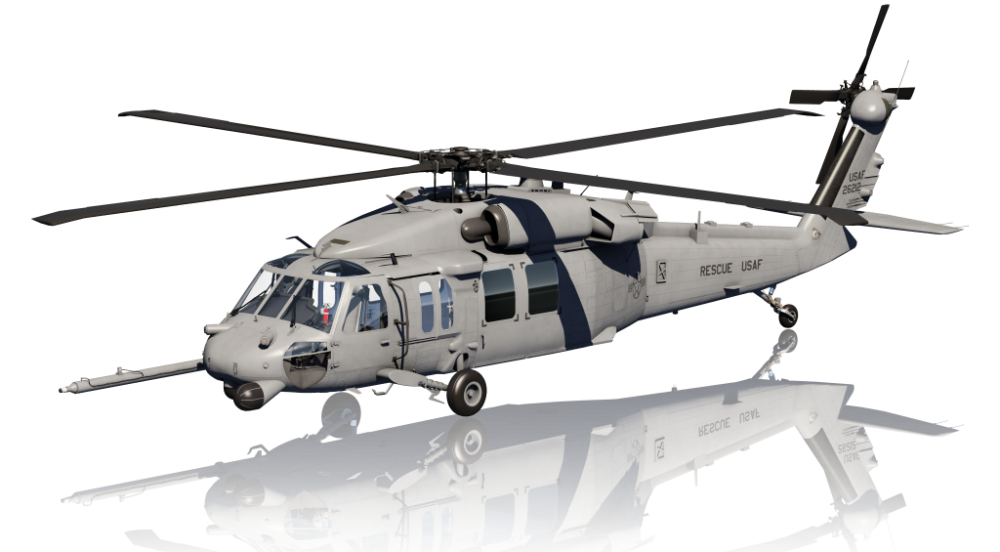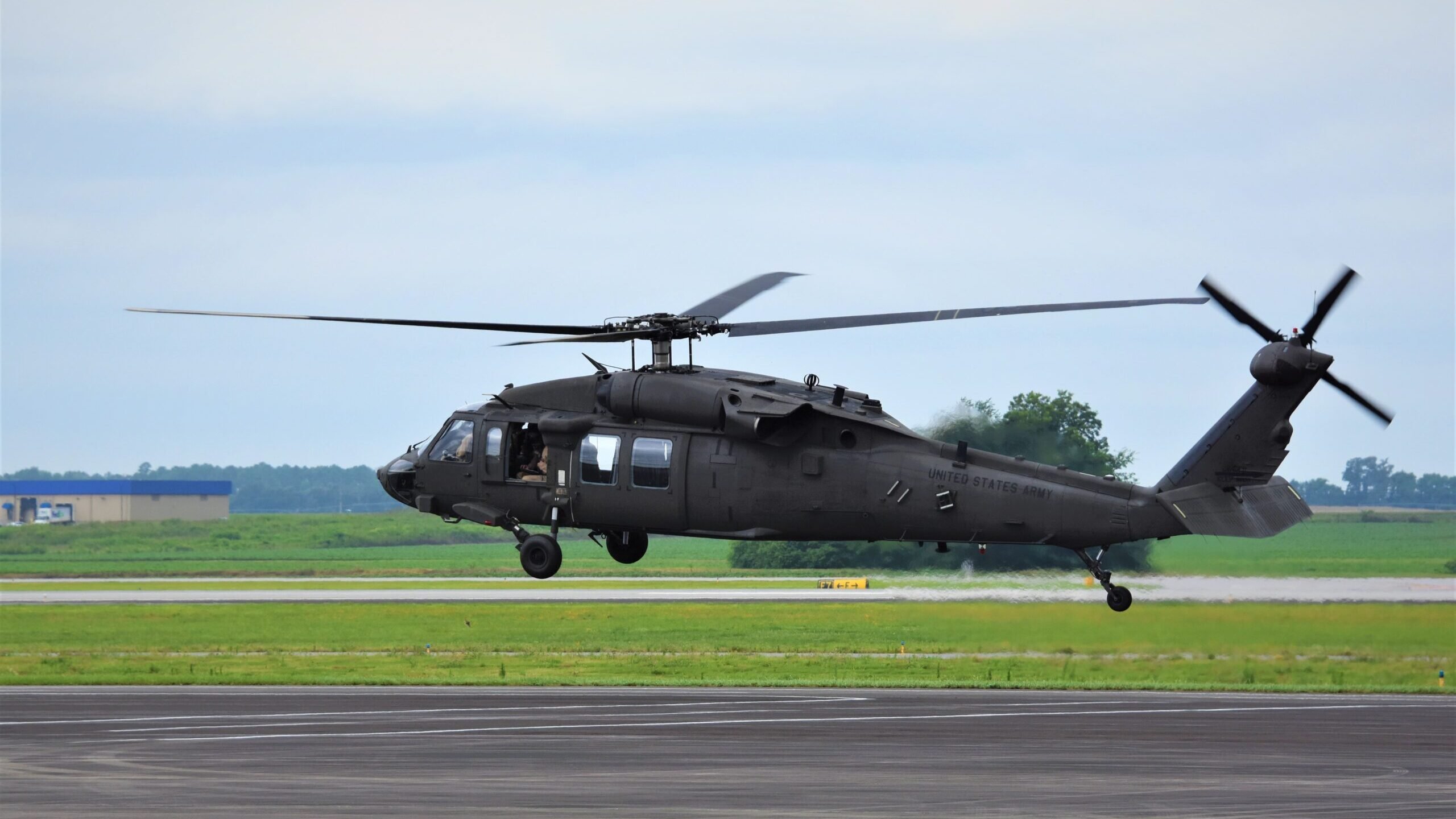UH 60 Black Hawk Helicopter Versions and Their Usages
UH 60 Black Hawk Helicopter Versions and Their Usages
Blog Article
The Function of Aircraft in Shaping Global Transport and Profession Dynamics
The evolution of airplane has indelibly transformed international transport and trade dynamics, promoting unmatched levels of connection and effectiveness. Through the facility of robust air freight networks, services can now browse worldwide markets with remarkable rate and agility, therefore redefining supply chain methods. This transformation is not without its obstacles, as the aviation market grapples with sustainability issues and regulatory pressures. As we check out the multifaceted effects of aircraft on worldwide trade, it is necessary to think about how these variables will form the future landscape of air travel and its duty in the economic climate.

Evolution of Air Transportation
The advancement of air transport has been marked by considerable technical developments and developments that have actually changed the means people and products relocate throughout the globe. From the Wright bros' initial powered flight in 1903 to the development of supersonic jets, each turning point has highlighted the ruthless search of performance and rate in air traveling.
The last component of the 20th century experienced the introduction of industrial air travel as a feasible setting of transportation, identified by the intro of jet engines, which reinvented air traveling by considerably minimizing flight times. Furthermore, innovations in navigation and interaction technologies have actually boosted operational efficiency and safety, enabling even more facility trip courses and timetables. The surge of air freight in parallel with traveler solutions has actually even more underscored the versatility of air travel. As we want to the future, arising technologies such as autonomous and electrical aircraft assurance to redefine the air transport landscape, guaranteeing continued evolution and adjustment to global needs.
Influence on Global Profession
Air transportation has actually profoundly improved worldwide profession by helping with the swift activity of products throughout large ranges. This expedited logistics ability permits companies to react quickly to market needs, thus improving supply chain efficiency. The capability to transfer subject to spoiling goods, high-value items, and time-sensitive items has actually opened up brand-new markets and chances for numerous industries, substantially influencing trade patterns.
Additionally, the growth of air freight networks has promoted globalization, making it possible for companies to source materials and products from different parts of the world flawlessly. This interconnectedness lowers preparations and prices, allowing businesses to remain competitive in a significantly international market. Additionally, air transport plays a vital duty in e-commerce, where consumer assumptions for rapid delivery have driven a rise popular for air cargo solutions.
The effect of aircraft on international trade reaches the development of tactical profession courses, connecting areas and facilitating worldwide partnerships. Countries that purchase air transportation facilities often experience enhanced economic growth and raised international straight financial investment. On the whole, the evolution of air transportation has not only transformed the logistics landscape however has likewise end up being a crucial element in the dynamics sites of worldwide profession.

Economic Advantages of Aviation
A durable air travel sector produces significant financial benefits, adding to task creation, tourism, and total economic development - uh 60. The aeronautics industry sustains millions of jobs worldwide, varying from direct work in airlines and flight terminals to indirect duties in industries such as hospitality, transportation, and logistics. According to sector reports, for every work in the aeronautics sector, about 3.5 extra jobs are created in the more comprehensive economic situation
Tourism is a crucial aspect of the financial advantages stemmed from aeronautics. Flight helps with international tourist, allowing vacationers to explore varied destinations, which consequently stimulates regional economies. Nations that invest in their aeronautics infrastructure frequently experience boosted tourist arrivals, causing higher costs on solutions such as restaurants, tourist attractions, and hotels.

In addition, aviation enhances global connectivity, allowing services to access brand-new markets and resources successfully. As a result, sectors such as e-commerce and manufacturing advantage profoundly from trustworthy air transport, more driving economic growth.
Challenges Facing the Aviation Sector
Browsing an intricate landscape of governing, ecological, and financial challenges, the air travel sector deals with considerable obstacles that intimidate its sustainability and growth. Laws surrounding safety and protection are consistently advancing, demanding continuous compliance and adaptation from suppliers and airline companies (uh 60). This can lead to enhanced functional expenses and resource appropriation that interferes with technology and expansion efforts
Additionally, ecological worries have come to be vital, with growing analysis over carbon emissions and noise air pollution. The market is under pressure to embrace greener practices and modern technologies, which commonly need significant investment in research and advancement. Balancing these ecological responsibilities with the need for flight presents a considerable obstacle.
Financial fluctuations, such as increasing gas costs and geopolitical unpredictabilities, additionally complicate the landscape. Airline companies frequently face unpredictable operating prices and varying guest demand, which can impact productivity and lasting preparation. Labor scarcities and skill gaps in vital locations add one more layer of complexity, preventing operational effectiveness.
Ultimately, dealing with these complex challenges is necessary for the air travel sector to maintain its crucial function in international transport and profession, while ensuring durability and flexibility in a significantly open market.
Future Patterns in Air Travel
Changing and arising innovations consumer preferences are poised to improve the future of air their explanation travel substantially. The assimilation of synthetic knowledge and maker understanding is anticipated to boost operational efficiency, enhance airport terminal processes, and improve client solution. Predictive analytics will help with much more precise demand forecasting, enabling airline companies to optimize trip schedules and prices models.
Sustainability is becoming an essential motorist in flight, with the aeronautics sector progressively concentrated on minimizing carbon emissions. Advancements in aircraft style, such as electric and hybrid propulsion systems, are being explored to satisfy ecological targets. Additionally, the adoption of lasting aeronautics gas (SAFs) is expected to play an important role in attaining net-zero discharges by 2050.
Consumer choices are moving towards individualized travel experiences. Airlines are buying advanced information analytics to customize services and boost client interaction, ensuring an extra tailored trip from booking to browse this site arrival. Furthermore, the surge of remote work might result in increased need for leisure traveling, as people seek to combine work and trip.
Final Thought
The evolution of air transport has transformed international profession, yielding significant financial advantages while also providing challenges that need calculated monitoring. The recurring adaptation of the aeronautics industry will be essential for maintaining its contributions to the global economy.
The latter part of the 20th century saw the appearance of commercial aviation as a sensible mode of transport, characterized by the introduction of jet engines, which revolutionized air travel by dramatically lowering trip times. The rise of air cargo in parallel with passenger solutions has actually even more underscored the convenience of air travel. In addition, air transportation plays a crucial role in e-commerce, where consumer expectations for quick distribution have driven a rise in need for air freight services.
In general, the development of air transportation has not only changed the logistics landscape but has likewise end up being an important element in the dynamics of global trade.
Sustainability is coming to be a key chauffeur in air travel, with the aeronautics sector significantly focused on decreasing carbon emissions.
Report this page